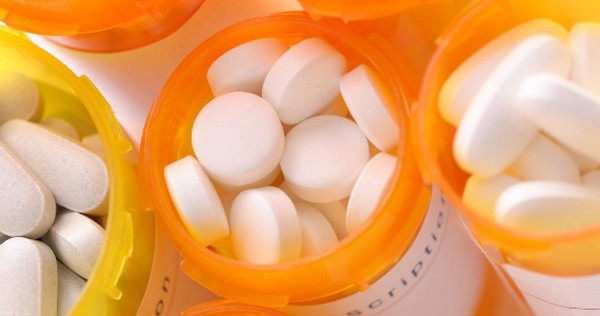Acetaminophen is a medication used to treat many conditions ranging from headaches to muscle aches to backaches to toothaches to arthritis to colds and fevers. It is one of the most common pain-relieving medicines found in households, but if taken in large doses, it may be fatal. The maximum recommended dose of acetaminophen was dropped from 4000 to 3000mg per day. Taking more than this amount over a 24-hour period is overdosing. It is commonly called Paracetamol in other countries.
Where is Acetaminophen Found
Oftentimes, acetaminophen overdose is due to taking different medications that contain acetaminophen. Some of the common drugs that contain acetaminophen include:
- Tylenol
- Actifed
- Alka-Seltzer Plus
- Benadryl
- Lortab
- Midrin
- Tempra
- Robitussin
- Other cold and flu medicines
Causes of Acetaminophen Overdose
There are several ways to overdose acetaminophen, which are either intentional or accidental.
- Planned overdose (intentional)
- To bring harm upon themselves or suicide attempts
- Unplanned overdose (accidental)
- Taking more than recommended dosage of 3000mg per day due to persistence of symptoms
- Taking multiple medicines containing acetaminophen unknowing of the composition
- Taking extended release forms wherein the medications stay in the body for a longer period of time
Signs and Symptoms of Acetaminophen Overdose
The initial symptoms are very common symptoms, thus it may not be obvious that one is suffering from acetaminophen overdose. Their symptoms are generally like those in flu cases. However, as the days go by, symptoms may worsen, thus seeking medical attention is important, because it may prove to be very fatal.
- Within the first 24 hours after overdose
- Nausea and vomiting
- Abdominal pain
- Loss of appetite
- Sweating
- Paleness
- Tiredness
- Within 24 to 72 hours after overdose, any of the symptoms above may be accompanied by:
- Pain in the upper right abdomen
- Infrequent urination and when one does urinate, dark-colored urine
- The white area of the eyes and skin turns yellow
- Within 72 to 96 hours after overdose, the aforementioned symptoms may be accompanied by:
- Hematuria (blood in the urine)
- Lightheadedness, supplemented by headache that will not disappear
- Fever
- Feeling of extreme hunger
- Shaking
- Blurred vision
- Altered state of consciousness
- Trouble staying awake or fainting
- Extreme tiredness or weakness
- Trouble breathing
- Coma
First Aid Management for Acetaminophen Overdose
Acetaminophen overdose is a serious problem, quick action must be done  immediately. Seek for emergency care.
immediately. Seek for emergency care.
- If unconscious, check for ABCs. Begin CPR if necessary.
- If awake with no apparent symptoms, call the local poison control center.
- If awake with even slight symptoms, bring to the nearest hospital.
- It is important to note all symptoms and medications taken to make sure of the proper treatment is given to the underlying cause.
Joining in First Aid Courses and CPR training will hone one’s skills in recognizing symptoms and giving appropriate treatment, thus hopefully, saving more lives. The earlier acetaminophen overdose is diagnosed, the less complication will turn out.

